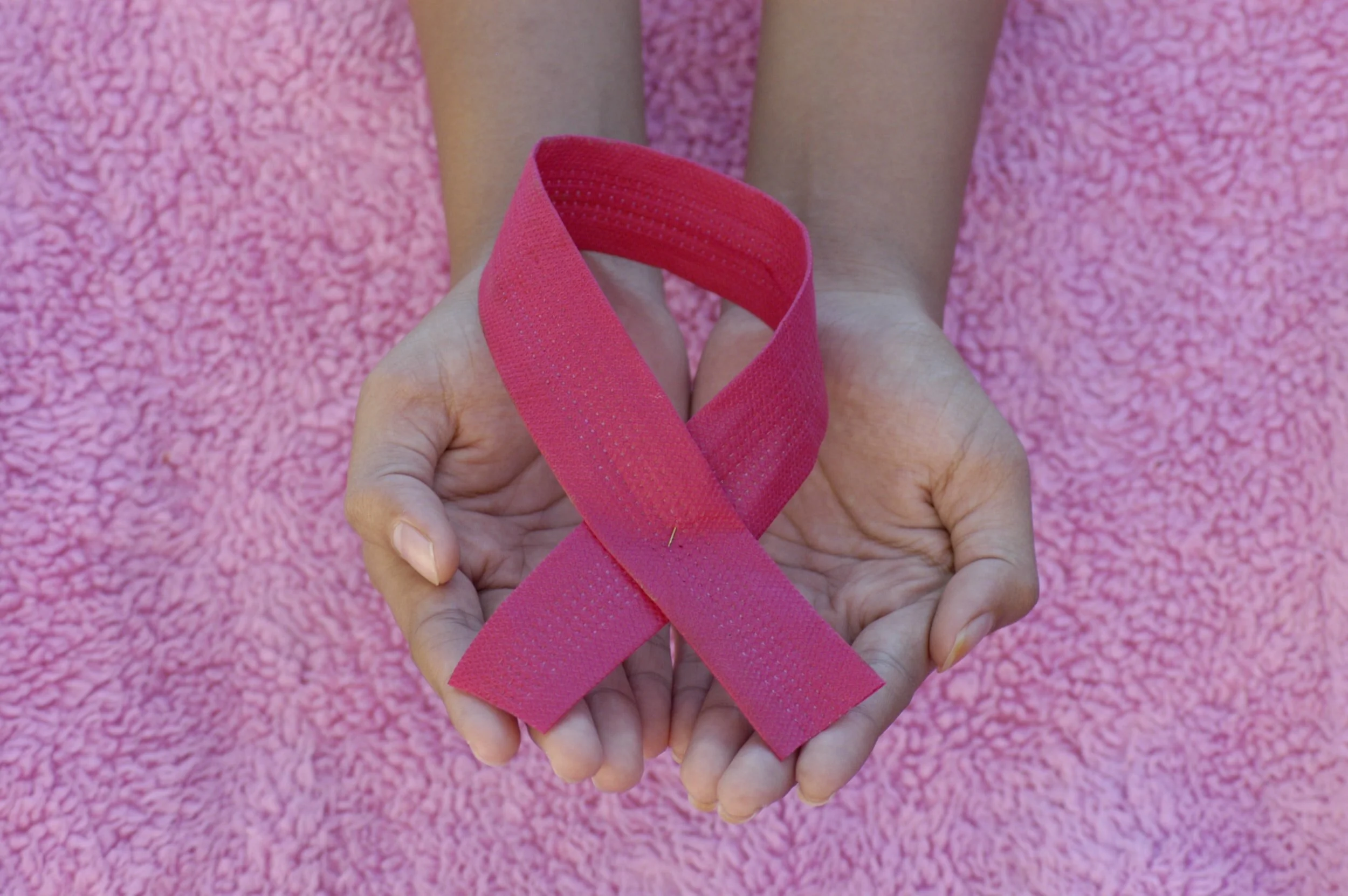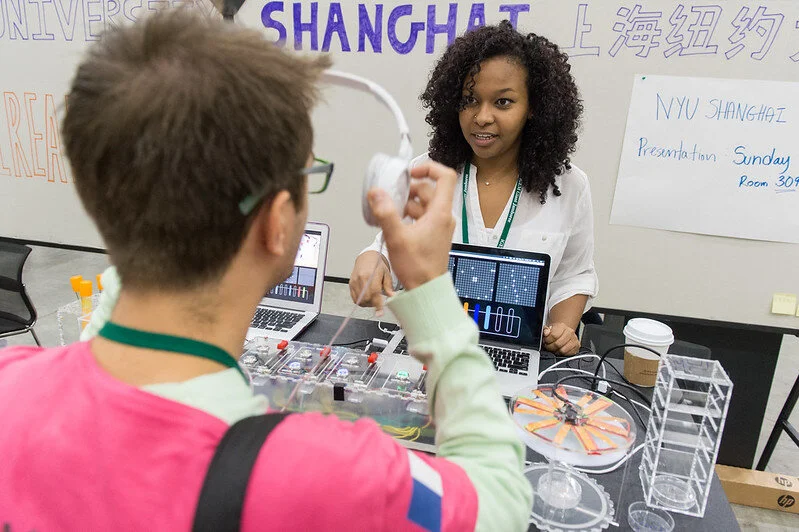Since 2004, iGEM teams have been creating exciting, impactful projects just like yours. A handful of these projects have lived on as published academic papers, or have formed the basis for PhD projects, or have grown as start-up companies. However, many of the most imaginative and innovative projects have been simply left as wikis, without a clear path to enable others to move those projects forward. That changes now … enter the Phoenix Project!
Welcome!
This blog is where we share stories, announcements, and insights from around the iGEM community.





















